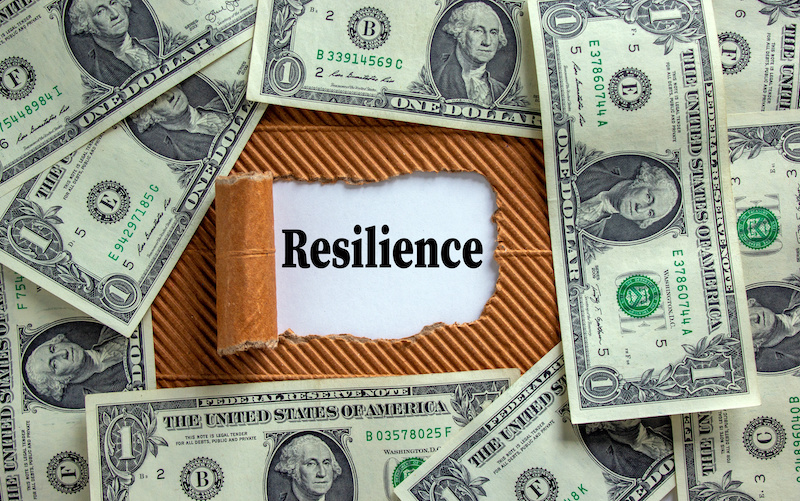A Condo Owner’s View of ‘One Island’
Matt BramsonApril 1, 2019

Photo Illustration (Adobe)
My family has lived in Key Biscayne for 11 years: five years living in rented homes and six living in a condominium in Key Colony we purchased. I have served on the board of directors of my condo building, as president and vice president, for five years, and as president and director of the Key Colony master association for three years. So, for the purposes of this article, I’m a “condo guy” — although I dislike the implicit divisiveness of that moniker in the current context. I cherish our island and our community and the objective of “one island” is near and dear to me and my family.
Owning and living in a condo is different in several respects from homeownership. One of these ways is that, in addition to property taxes, there are substantial monthly condo fees that pay for, among other things, maintaining infrastructure that matches that outside our boundaries. That includes roads, stormwater systems, underground power and network service connections, and other shared infrastructure. The cost of all this maintenance is substantial. And while this maintenance is performed on private property infrastructure, it supports the needs of thousands of residents representing a large percentage of the voters and tax base of our village.
Our village shares many opportunities and threats regardless of where we live and what type of dwelling we occupy. At or near the top of this list are storms, flooding and community facilities and services. Maximizing our opportunities and minimizing our threats will require meaningful investment and tenacious teamwork over the coming years. Regrettably, undergrounding the island’s utilities is before us as a standalone project. While I think we’d all prefer a community without visible power lines and poles, it is impossible to deny that the benefits of undergrounding will be unequal. A majority of the residents and taxpayers reside within properties that are already substantially undergrounded. For this reason the fairness of the funding model has become a passionate discussion.
Perfect fairness is a fairytale. There’s nothing flawlessly fair about any public funding model for anything — much less a huge, expensive project for the benefit of a diverse community. The best we can ever hope for is to use the proposed funding model that is the least unfair. For this reason, many condo owners are most enthusiastic about the undergrounding assessment model based on calculated economic benefit units (EBUs). The simple logic is that all property owners should be expected to fund a share of the project cost that is most proportional to the benefit they will receive.
There are, however, two major flaws with this. And they can’t go unsaid by this “one island condo guy”:
First, doing undergrounding as a standalone project utilizing an unprecedented funding model is unwise and unfair to the goal of unity. We have several other infrastructure priorities that we all need to have addressed within the next few years. Plus, many significant Village projects that we all currently enjoy have been completed over the years without using an EBU-based funding model. A “winners and losers” mindset is unavoidable when multiple funding models are considered.
Second, my read is that at this stage, no decision-making approach to a standalone undergrounding project will be unifying. The Village Council is in a no-win situation: vote to go forward with undergrounding and incur the wrath of many condo owners, or vote for a referendum and, when it fails, incur the wrath of many homeowners. And the internecine resentment from either choice will harm our whole community.
As condo owners we should use our influence to assure that our priorities get accomplished, not merely thwart the priorities of others. That’s divisive and will surely boomerang on us in the future.
The best thing for condo owners and our whole community would be to shut this Pandora’s box and roll the undergrounding project into a larger set of priorities with balanced overall benefits using the millage funding model that we’ve all accepted for decades. I’m sure that’s easier said than done, but I think it’s crucial. The variables should be what we do and when — not how we decide and provide funding. Godspeed.



Join the conversation